Evidence-Based Procurement (EBP)
Evidence-based procurement (EBP) applies the principles of evidence-based decision-making to the acquisition of healthcare products and services. It involves using systematic evidence to guide purchasing decisions to ensure that the products and services procured are effective, safe, and provide value for money. Key aspects include:
· Cost-effectiveness: Evaluating the economic value of products and services, ensuring that the chosen options provide the best health outcomes for the resources spent.
· Safety and Efficacy: Ensuring that products meet rigorous safety and efficacy standards based on evidence from clinical trials and real-world data.
· Quality Standards: Procuring products that adhere to established quality standards and regulations.
· Stakeholder Input: Incorporating input from clinicians, patients, and other stakeholders to ensure that the procured products meet clinical needs and preferences.
Example:
A hospital deciding which type of surgical equipment to purchase might use EBP by reviewing studies on the effectiveness and safety of various brands, considering cost comparisons, and consulting with surgeons who will use the equipment.
Click HEOR TERMINOLOGY
